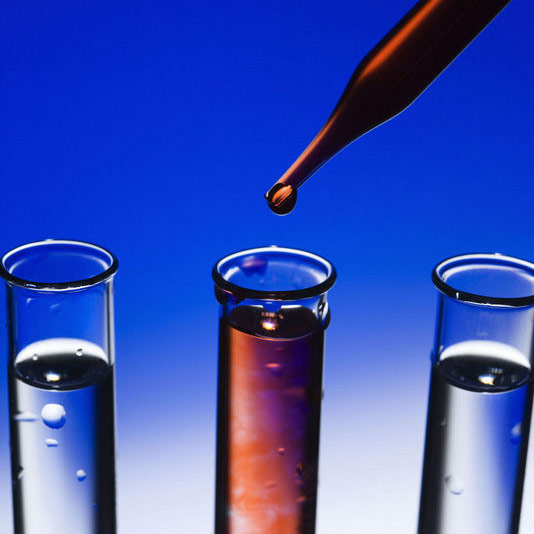
FRIDAY, Dec. 28 (HealthDay News) — To help explain why the debilitating arthritic condition known as gout strikes some people and not others, a new genetic analysis has identified 18 new mutations that appear to boost blood levels of uric acid, the key trigger for a gout attack.
The current effort involved an analysis of data concerning more than 140,000 people, gleaned from 70 independent studies conducted in Europe, the United States, Japan and Australia.
“Abnormal levels of uric acid have been associated with various common diseases and conditions, but causal relationships are not always clear,” said study author Dr. Veronique Vitart of the Medical Research Council Human Genetics Unit at the University of Edinburgh, in Scotland, in a school news release. “Gaining insight into the genetic components of uric acid levels offers a very useful tool to tackle these issues and to further our understanding of these conditions.”
The study appeared in the Dec. 23 issue of Nature Genetics.
The authors noted that gout has been called the “disease of kings,” based on the belief that rich foods (consumed by rich people) are the principle culprit behind the onset of often immobilizing attacks.
Gout affects roughly 2 percent of the population. High levels of uric acid from a wide variety of foods and alcohol accumulate and form into hard crystals, which then lodge themselves into joints and tissues. The result: extreme pain and swelling.
Researchers hope that any fresh insight into the role of genetics in gout incidence might pave the way for better treatment and prevention.
“Existing therapies to avoid attacks of gout sometimes cause side effects,” study co-author Mark Caulfield, at the William Harvey Research Institute at Queen Mary University of London, said in the news release. “[So] our findings identify new potential mechanisms for gout and offer opportunities for new therapies which may improve prevention of this debilitating condition in the future.”
More information
For more on gout, visit the U.S. National Institutes of Health.

